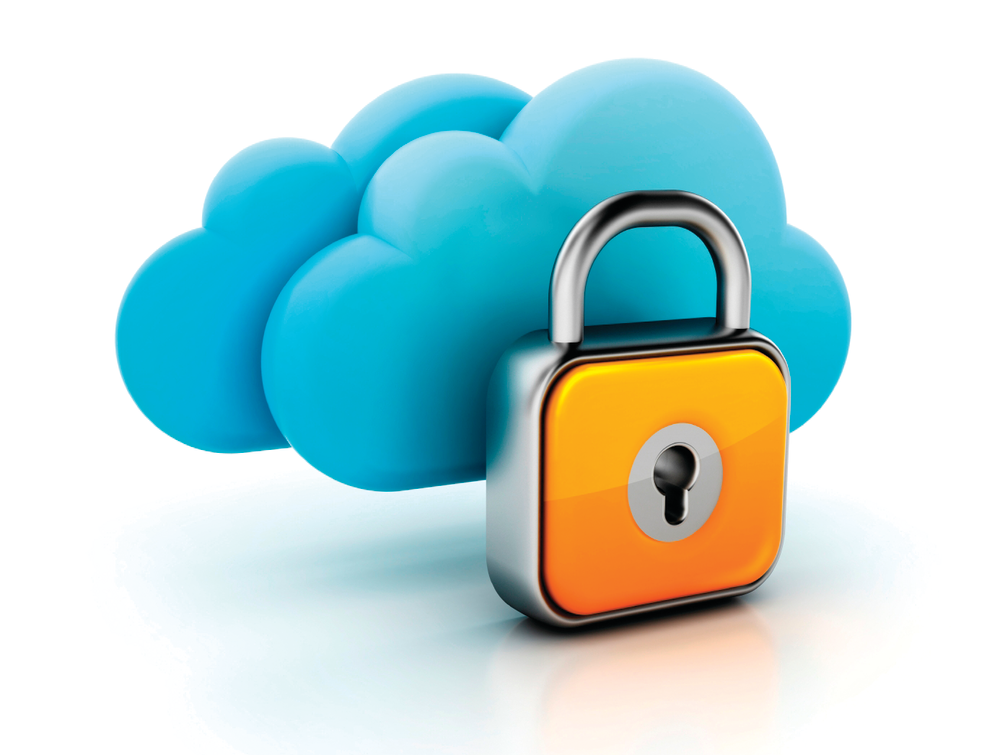Anyone still skeptical about the importance and viability of cloud software in business probably should consider a line of work that doesn’t involve business. The promise of the cloud (and all its various nomenclatures: “SaaS,” “web,” etc.) is here and it’s fully baked. While there may be legacy businesses that have invested in on-premise accounting or ERP software, any client serious about growth should be on the cloud, and any other would benefit from moving to it.
Cloud Accounting Software Is Superior
Superior? In every way. Cloud accounting software does not require major IT infrastructure or management, is automatically updated with new functionality on-the-fly, and can be accessed 24×7 from any desktop or mobile device. This makes it far superior to an accounting package on a forgotten ten-year-old Windows XP computer in the backroom.
Most SaaS offerings are highly integrated with other areas of the business, and can be built out modularly to adapt to any business model. For smaller companies, Bill, Freshbooks, and Quickbooks provide affordable offerings that can enable basic GL processes. For growing mid-size companies, Intacct, NetSuite, and Xero provide extensive configurability and enterprise features without the “enter-price.” They also maintain an ecosystem of partners that enable varied functions to retain the value from any subscription investment.
Cloud accounting software is also designed to be easier to use. Gone are the cryptic control-key combinations (e.g. those keyboard templates that indicated what each function key did). Every user interaction is limited to clicks (or taps on mobile) and typing. If you can order a product on Amazon, you can navigate the simplicity of a modern cloud accounting package.
There are improvements being made to even the most mundane areas of accounting, such as machine-learning applied to supplier invoice processing and supplier payments, to the most promising areas, such as supply chain finance and early payments. Cloud software is constantly translating best practices into software automation. New features – which are delivered at a rapid pace – are also data-driven, based on how customers use the system. On-premise solutions cannot keep up with that innovation cycle.
Myth-Busting the Security Question
The lingering fear of the cloud is that someone will hack into the account and steal information. While that may be a risk, there are ways to reduce exposure, such as multi-factor authentication, password expiration policies, and limiting failed login attempts. It’s important to ask: just how secure is that on-premise accounting package? If it offers any password protection, is the password on a sticky note attached to the monitor or simply “123456?”
The bigger risk regardless of software is the illegitimate use from within the organization, such as committing payment fraud. For that, any determined embezzler can steal and write checks or access the bank portal. For example, a decent cloud accounts payable solution is fully integrated to disbursement accounts, enabling role-based access to limit what can be approved, what areas are confidential, and what payments can be made. Cloud solutions can also require multiple approval rules before funds are released. Thanks to detailed audit trails of all activity, cloud accounting systems make it hard to hide anything. It becomes the system of record. And if you’re managing the account for a client, you can administer and lockdown the system from anywhere.
To prevent loss of data, cloud solutions that have passed SSAE 16 SOC compliance and ISAE 3402 Type II certifications adhere to a myriad of controls and procedures around data encryption, backup, and disaster recovery. On the other hand, if your client’s on-premise software is running on a system that isn’t backed up, they are one hard drive failure – or spilled coffee cup – away from losing every transaction record ever.
One other peace-of-mind benefit: cloud software feature support teams. They’re often more aware of issues than their customers and can proactively deal with them, sometimes deploying a fix overnight. Software is only one piece of the offering. It’s also a service that has to work like a utility.
All About the Value
As a CPA with multiple clients, the cloud offers another unique value: the ability to work on client books from anywhere rather than going door-to-door. Some accounting solutions feature “multi-entity” support so that discrete business units (or clients) can be centrally managed. That gives you more time to expand your practice or time to deliver more valuable consultation beyond just bookkeeping.
The client gets a real-time view of where their business is at – what bills are due, what’s been paid, what receipts have come in – in the most frictionless way possible. And what is the point of accounting after all? It’s not for auditors. It’s to understand the health of the business. Cloud accounting software is a subscription to competency.
————-
Rob Israch is the Chief Marketing Officer at Tipalti, a cloud-based supplier of payment automation solutions. Previously, Rob held positions at NetSuite, Intuit QuickBooks and GE Capital.
Thanks for reading CPA Practice Advisor!
Subscribe Already registered? Log In
Need more information? Read the FAQs




